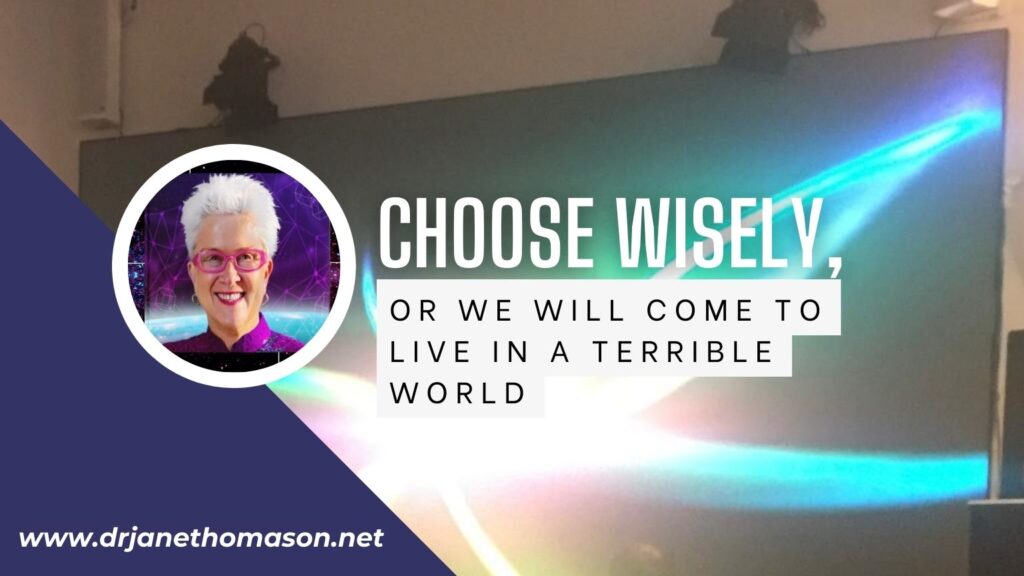As Brian Patrick Green of the Markkula Center for Applied Ethics points out “Technological power gives us new choices, but only ethics can tell us which among those new choices are actually good. And we must choose wisely, or we will come to live in a terrible world”.
Stemming from the ethical principle of “do no harm” we can ask two fundamental questions: how can we use technology to maximise benefit for society and minimise harms. One of the critical things to think about is the different levels that we can consider technology, which which starts with the technology stack, with what the technologists are building, and how they’re building it and how they’re taking ethical considerations into their design, the applications with a cryptocurrencies or smart contracts or other kinds of AI algorithms, thinking about what are the positive opportunities and negative consequences on people. Finally, what will be the impact on institutions and society of this technological change?
Ethical leadership means to lead organisations and teams to make technology to work for everybody. To make the life of people much better, to solve the biggest issues of the planet from climate change to health and well being. We need leaders who can look right from the point of the design of the technology, to the applications we’re using, and to the impact on society. So both at government level, and organization level, and in the accountability of technological design, we need people to be asking key ethical questions.
There are some real challenges and grey areas. While ideally there is a need for a global framework or global approach to ethics, we have seen during the pandemic fragmentation and isolationism, and some states that have increased the surveillance of citizens, using the opportunity afforded to them, of the pandemic. The global institutions have really not shown the kind of leadership that we needed during this period.
What about decentralisation? How do you govern a Digital State? We come from a history of relying on sovereign states who look after a geography and be responsible for accountability and trust of their citizens. Yet we are moving into this new world where it’s possible to have entire economies that are digital. There are also issues around accountability of smart contracts, self executing code that may not belong in any particular jurisdiction.
Then there is the dichotomy between countries becoming more digitised, at the same time we are seeing a drive to data sovereignty all around the world.
Ethics raise more questions than answers. Even though the potential for technology to transform many aspects of our world is there, there remains a need to ensure that the technology is built and deployed with due concern for ethics. Technology can have ethical impacts at the technology, application and societal level. Technology is a conditional good, it is only as beneficial and useful as we take the care to make it.
The role of leaders in articulating a culture of risk awareness and ethical behaviour is essential. Leaders need to shape the culture of an organization; and how the risk management and control framework embed and monitor ethical values within an organisation. Companies who can demonstrate a real commitment to ethical practice and leadership will hold competitive advantage.
